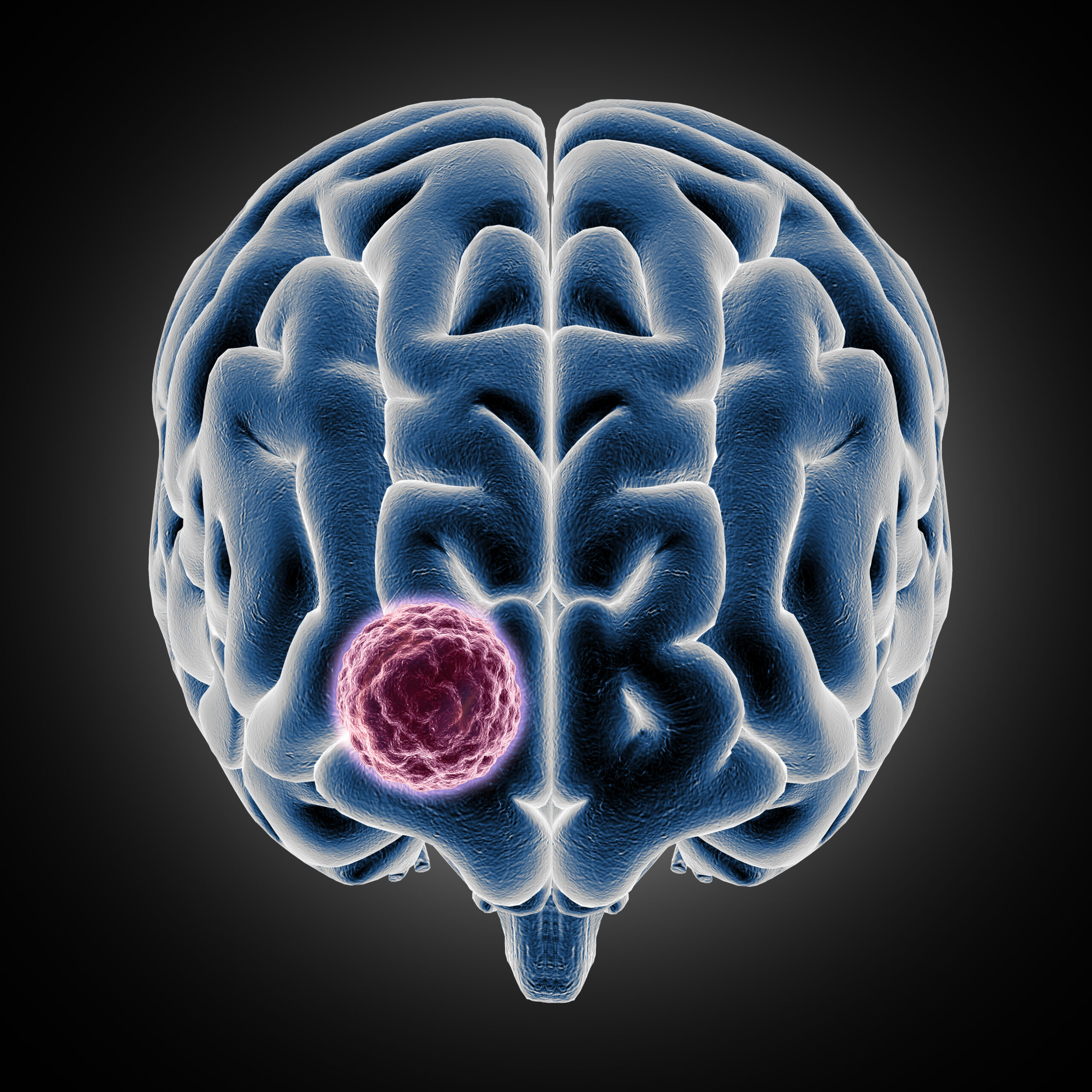Introduction to Brain Tumors
Brain tumors are abnormal growths of cells in the brain. These growths can be either non-cancerous (benign) or cancerous (malignant). Because the brain controls many body functions, even small tumors can cause serious problems. Early detection of brain tumors can help improve outcomes. According to the World Health Organization (WHO), brain tumors affect people of all ages. However, some types are more common in adults. In this blog, you will learn about brain tumor symptoms, diagnosis, treatment options, and prevention tips.
Common Symptoms of Brain Tumors
Brain tumor symptoms can vary. Often, they depend on the tumor’s size and location. For example, some people may notice changes in how they feel or act. Others may have physical symptoms. Below are common signs of brain tumors in adults:
However, these symptoms can also be caused by other health issues. If you notice any of these signs, it is important to see a doctor.
Causes and Risk Factors
Doctors do not always know what causes brain tumors. Still, some factors may increase your risk. For instance, exposure to high doses of radiation can raise the risk. In addition, family history of brain tumors may play a role. Some rare genetic conditions, like neurofibromatosis, can also increase risk. However, most people with brain tumors have no known risk factors. It is important to remember that having a risk factor does not mean you will get a brain tumor.
Diagnostic Methods
Early brain tumor diagnosis can help guide treatment. Doctors use several tests to find out if you have a brain tumor. First, they will ask about your symptoms and medical history. Then, they may do a physical exam. If needed, your doctor may order imaging tests. These tests include:
Sometimes, doctors may use other tests to check how the tumor affects brain function. Early brain tumor diagnosis is key for better treatment results.
Treatment Options
Brain tumor treatment options depend on the tumor type, size, and location. Your age and overall health also matter. Here are common treatments:
Doctors often use a team approach to plan the best brain tumor treatment options for each person.
Lifestyle Guidance and Coping Strategies
Living with a brain tumor can be challenging. However, there are ways to cope and improve your quality of life. For example, you can:
In addition, keeping a symptom diary can help you and your doctor track changes. Remember, asking questions and staying informed can help you feel more in control.
Prevention and Early Detection Tips
There is no sure way to prevent brain tumors. However, you can lower some risks. For instance, avoid unnecessary exposure to radiation. Wear protective gear if you work with chemicals. If you have a family history of brain tumors, talk to your doctor about regular check-ups. Early detection is important. Therefore, see a doctor if you notice new or unusual symptoms, such as frequent headaches or changes in vision. Quick action can lead to better outcomes.
Conclusion
Brain tumors can affect anyone, but early diagnosis and treatment can make a big difference. If you notice any signs of brain tumors in adults or children, do not wait. Consult a neurologist or neurosurgeon for personalized advice on brain tumors.

